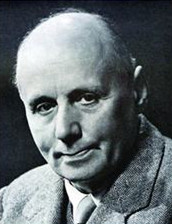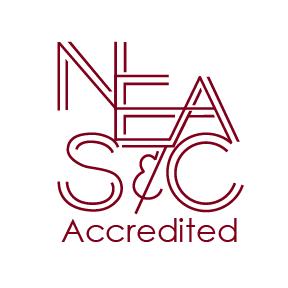A Voyage Beyond the Porch That Revives a Commitment to Action
Issue date:2025-06-09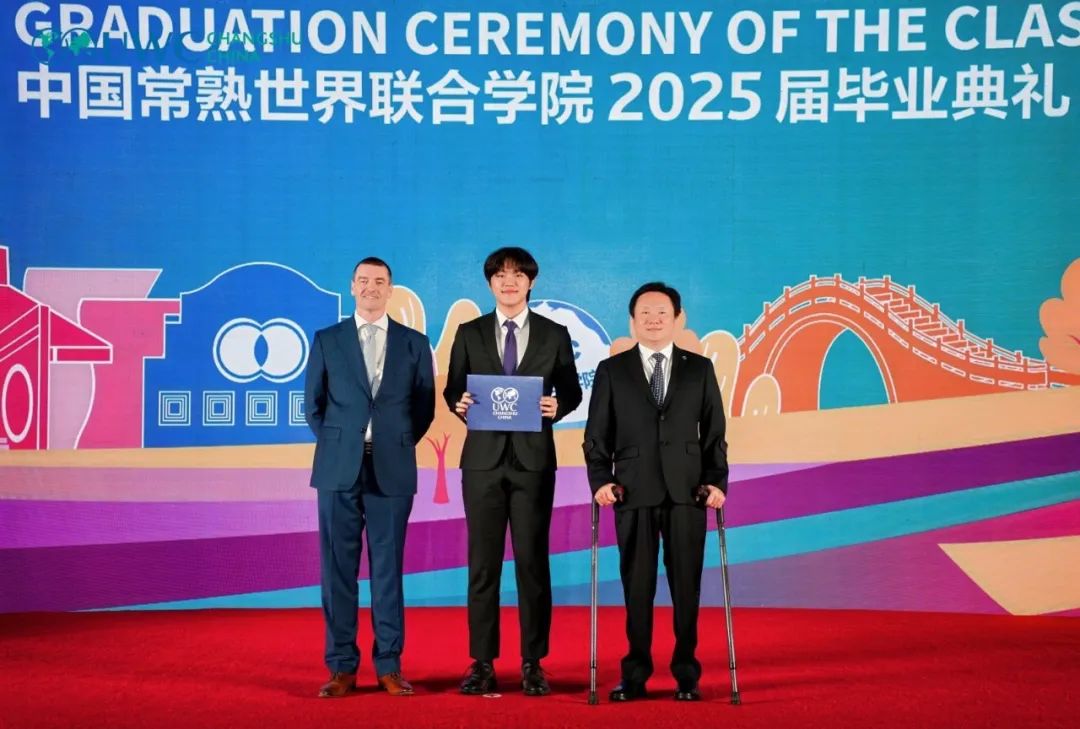
The experience at UWC can be understood in many different ways. For some, it is an opportunity to meet passionate people from around the world. For others, it may be a chance to contribute and become involved with an issue and a movement beyond one's front porch—to become part of a collaborative effort.
These are all valid reasons and experiences to which I can relate from my time here. However, the most powerful component of my past three years here has been the overwhelming, revolutionary transformation of my personal identity.
I come from a household with a Korean father and a Chinese mother. While East Asian cultures share surface similarities that might suggest minimal clashes, my experience tells a different story. I grew up navigating and often tiptoeing around the cultural "battle" of how to celebrate each holiday and whose tradition to follow. Our solution was fusion—a delicate art of combining cultural elements to satisfy both sides. Suffice it to say, compromise became second nature.
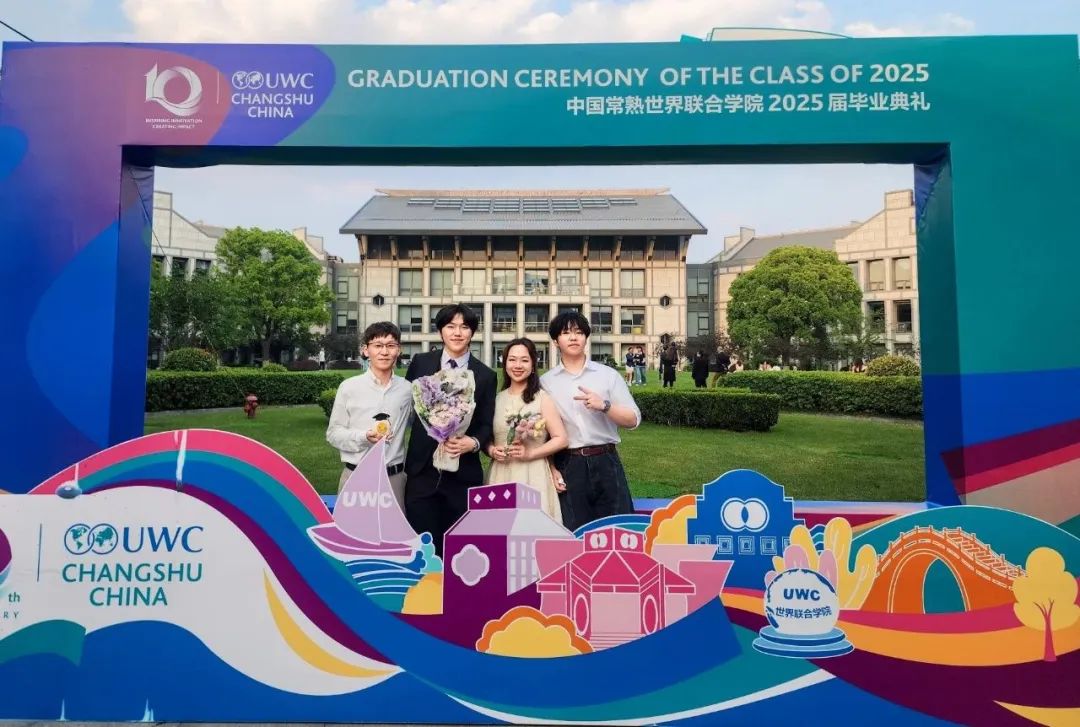
My family
The often unwilling necessity of compromise was further forced by having to share my parents' love with my brother (UWCCSC '26). With English becoming his preferred language with friends, it emerged as a third primary language in our household. At the dinner table, sentences would shift seamlessly between Korean, Chinese, and English, a linguistic dance that could convince an outsider we were speaking a single, unified tongue. This characteristic of my upbringing fueled my desire to see the fusion of even more multidimensional elements of the world.
I wanted to experience and converse with individuals who broke my idea of the status quo. I wanted to explore abstract ideas that I couldn’t even imagine. I wanted to be part of a community that fostered the ideal of curiosity, not only in me as an academic individual but also as a human being who is part of this world and a member of a community.
UWC exactly fostered these ideals, and so I decided that I wanted to be part of this movement. This constant negotiation of cultures at home ultimately ignited a profound curiosity in me to explore how vastly different perspectives could coalesce on a larger, global scale, a curiosity that directly fueled my desire to experience UWC.
Passion, Spontaneity, and Self-Discovery
Coming to UWC with a vague desire to be part of something larger than myself, something beyond my porch, I was excited, to say the least. Turns out, it's quite scary outside my home. My first month at this school was a mixture of overwhelming emotions and the fear of navigating uncertainty. There were 600 other people I had never met before within a 500-meter radius of my bedroom, and a drastically different campus culture from the one I grew up with. A sense of belonging was difficult to achieve.
What steered me away from a seemingly inevitable spiral into darkness was the people around me, particularly my eccentric roommate Tony Liu (Class of '24). He made the gloomy, scary atmosphere almost non-existent. He would pull me into all sorts of random activities, such as helping out with films, becoming part of his Magic Zhi Xing, and, most importantly, introducing me to Mock Trial.
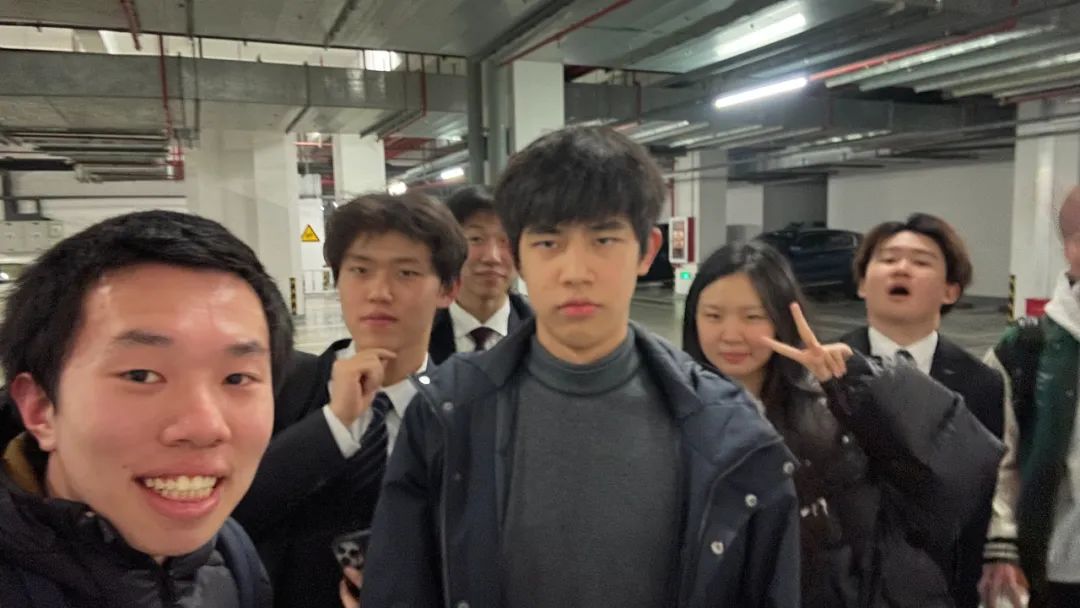
Me (second on the left) and other members of the Mock Trial, Tony Liu (middle)
We all began as timid newcomers, lacking the fundamental knowledge for navigating the legal landscape. On the surface, Mock Trial might seem shallow, discussing hypothetical issues with little real-world impact. However, its true value lies in the preparation. Staying up late, arguing over a single problem in case law from dinner to curfew, or figuring out the best outfit for a witness—these were just a few of the countless moments where I felt the joy and excitement of collaboration and commitment. This was where I realized how powerful a community of passionate students can be: it immersed me in a realm of dedication, connection, and yes, even a healthy obsession.
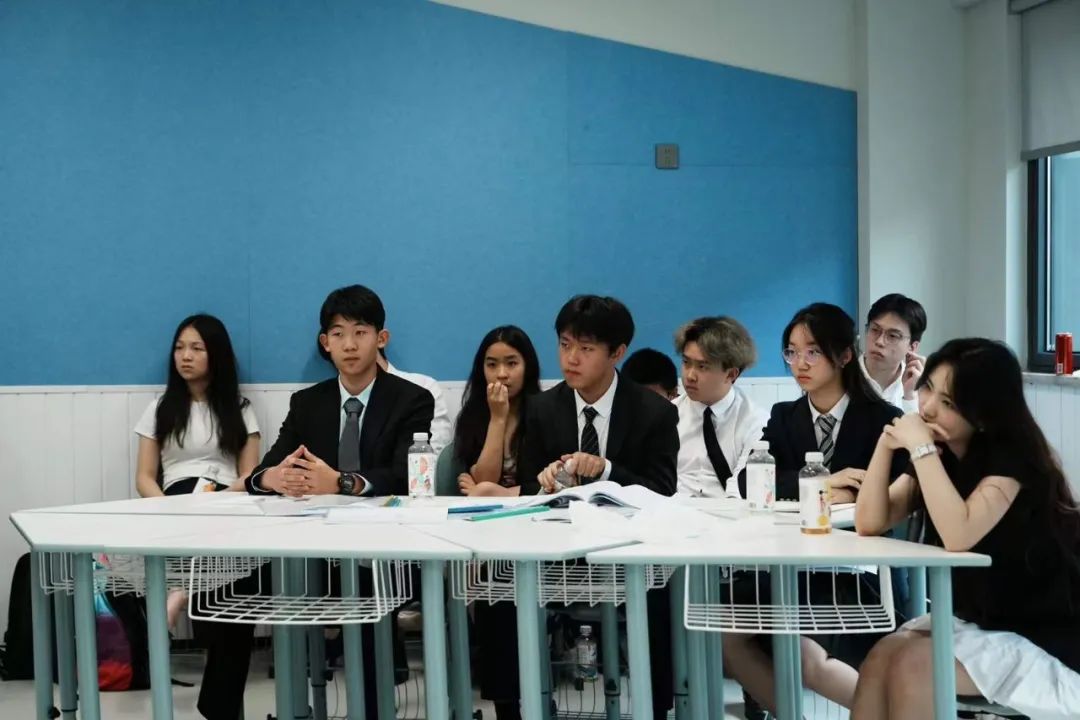
Becoming the leader of Mock Trial the following year, my role shifted from being an active participant to attempting to ignite that same passion in the next generation. Working with other passionate leaders was tough. We each had our own goals, our images of a successful Zhi Xing, and our teaching methodologies, which often led to conflict. This is hardly surprising in a community full of people confident in themselves (for better or worse) and their passions. It was challenging, to say the least, but an invaluable experience. Despite our differences, our shared passion always led us to compromise.
In retrospect, I am extremely thankful that I had to work with some of the most stubborn and confident people I have ever met. They not only taught me the extent to which I must pursue and advocate for my ideas but also the ability to work under conditions I might disapprove of. This experience, I believe, reflects the broader challenge and benefit of navigating a tight-knit community where everyone is driven to make their impact on this small yet simultaneously large campus. Whether in GIFs, panel discussions, or other forums for change across the school, there was always something someone stood for and advocated—this drive is what I will forever respect about my schoolmates.
This realization paved the way for what I consider a prosperous and rich experience at CSC, allowing my initial ambitions to truly manifest. This attitude resonated strongly with me throughout my three years.
When my friend Jonathan Yue invited me to help launch his Y2Y Planet Zhi Xing, I readily agreed. Together, we fostered meaningful interactions with the local autistic community: we visited centres to learn about diverse communication methods and organized campus events to raise awareness for missions providing sustainable economic assistance—missions supported through products like Y2Y cherry juice.
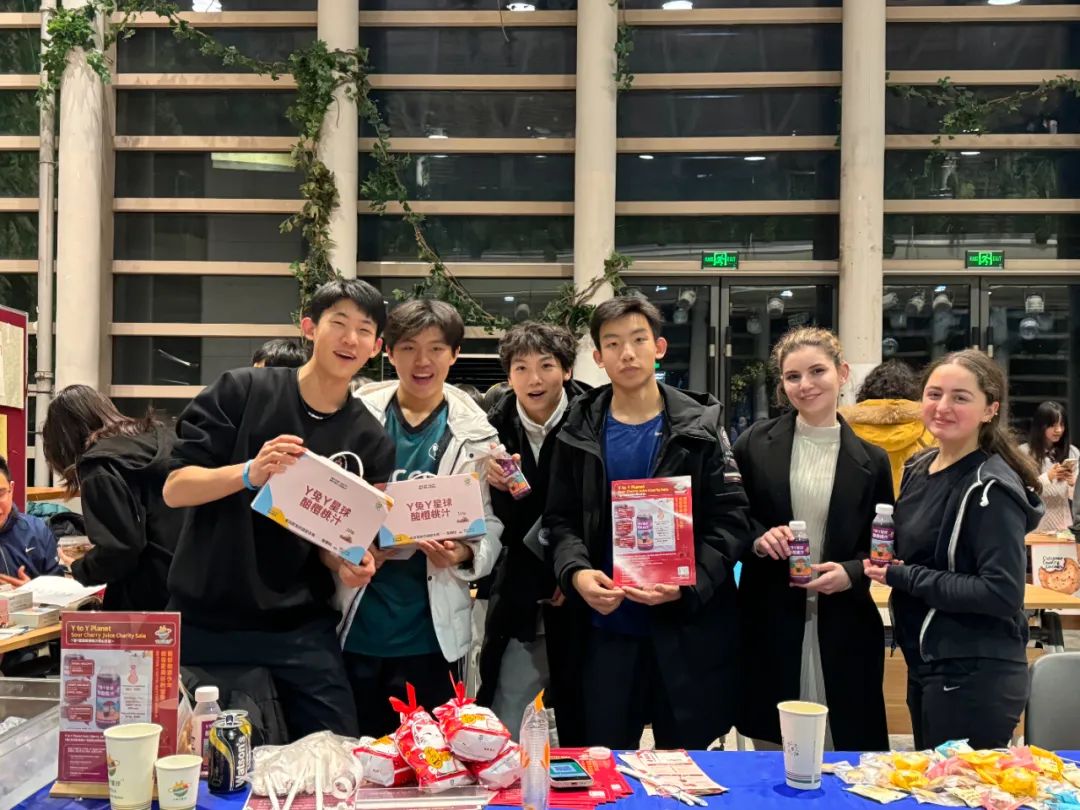
When I saw my friends participating in CCE (Chinese Cultural Evening), a "Why not?" led me to audition for MC, culminating in one of my most memorable stage experiences alongside our school's passionate performers.
A chance encounter with a volleyball game led to my spontaneously joining and eventually becoming part of the team. Being teammates for three years, we shared losses, wins, and argued with EL for resources; in a stressful environment, it was an outlet for many of us to savor the moment and appreciate the competitive spirit, forging bonds that have become integral to my life.
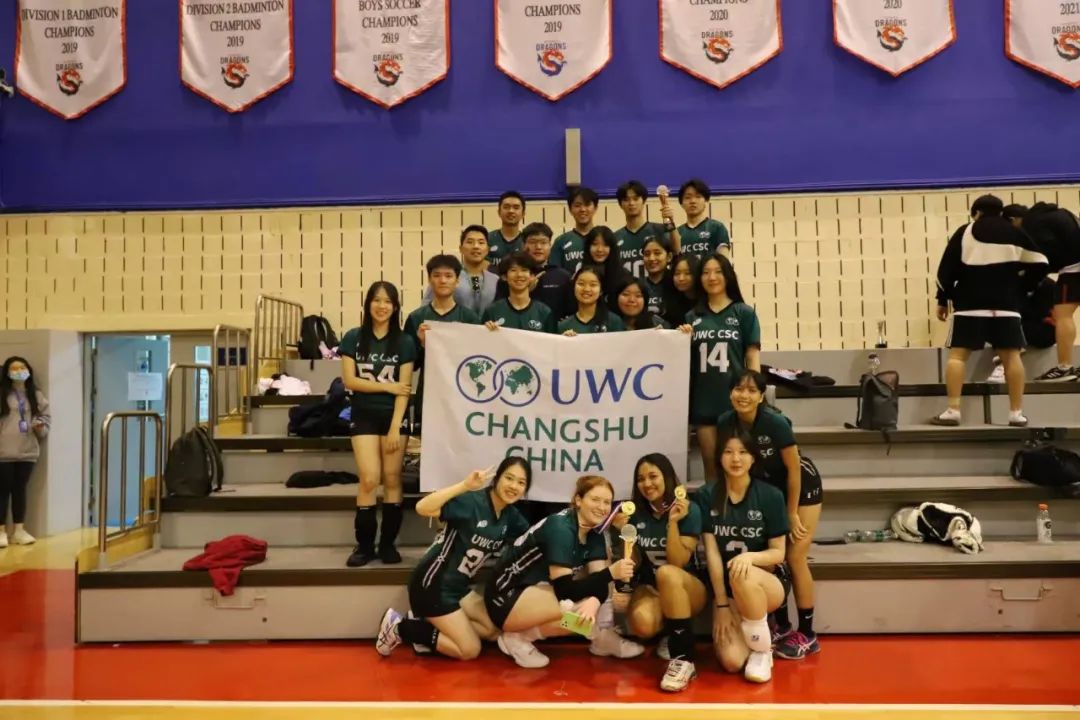
Reflection on Self and Community
Change has an effect: you begin to look inward and rediscover yourself.
As an MC for CCE, I learned to speak Chinese to an extent I never thought possible. The memory of reciting phrases like "锦鲤岂是池中物,一遇风云变化龙," wearing a penguin outfit on stage, and feigning song before thousands, still both haunts and mesmerizes me.
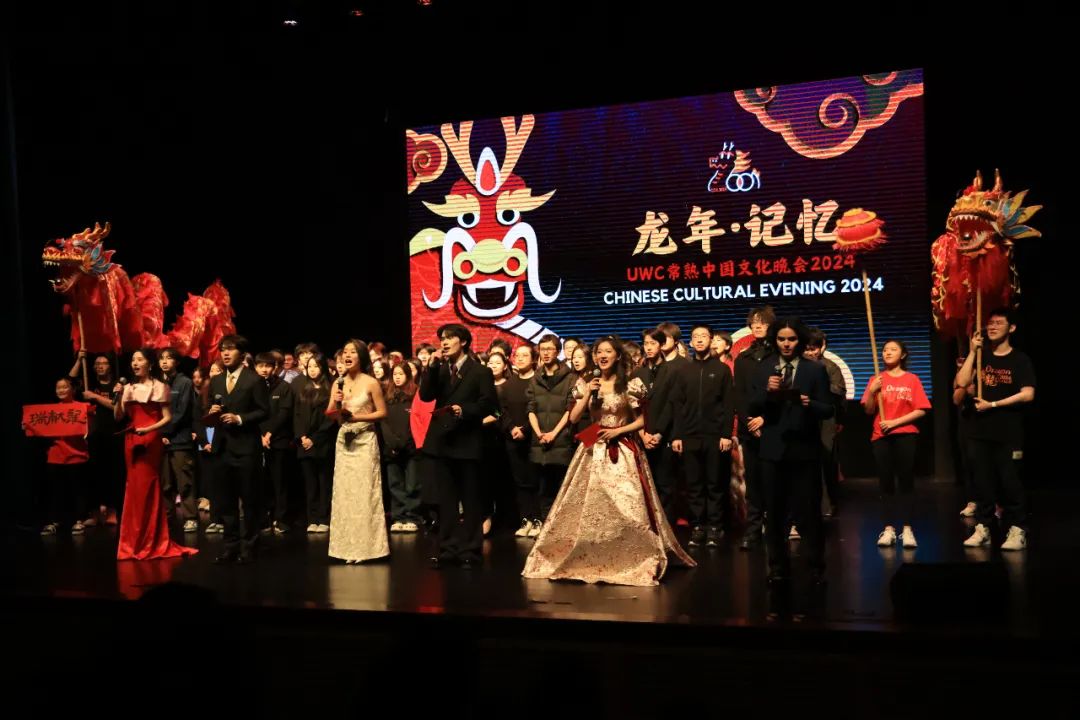
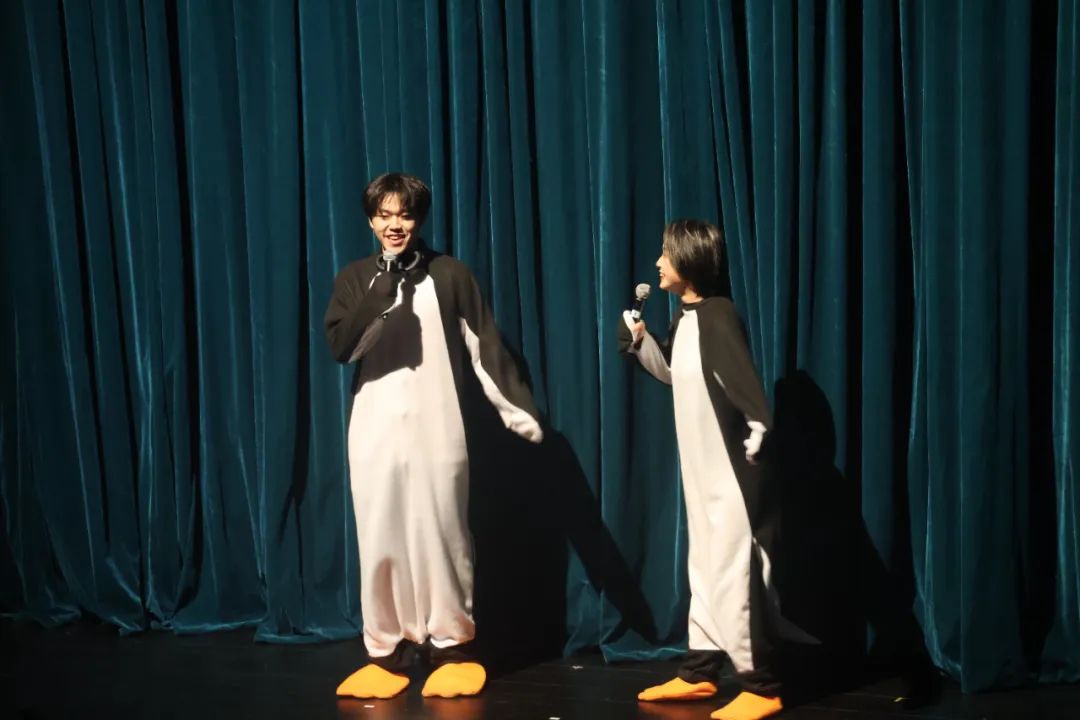
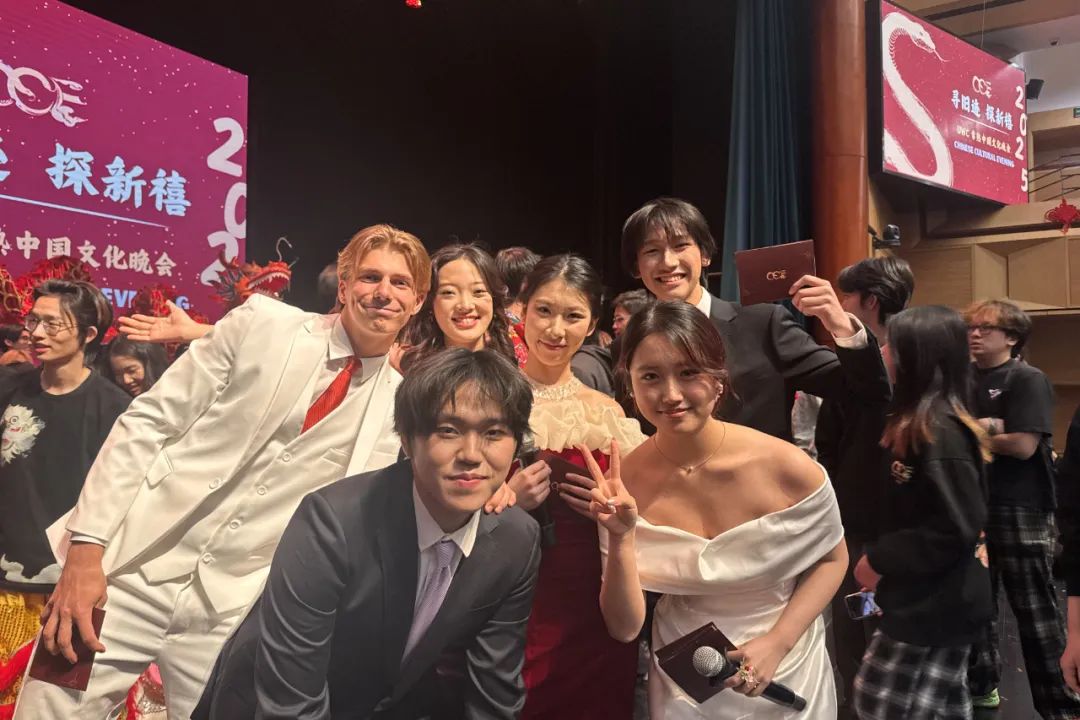
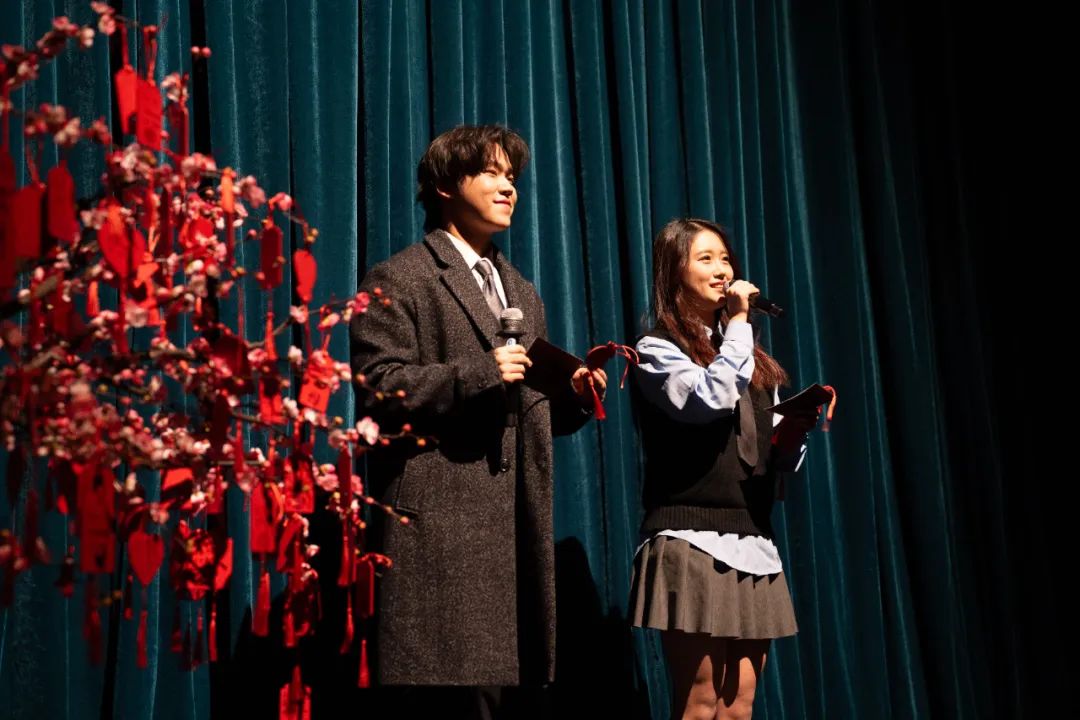
Serving as the MC of the CCE for two times
Growing up in China, I was often associated more with my Korean heritage, perhaps because it was more conspicuous than being Chinese in China. CCE provided a platform to re-explore this neglected facet of my identity and culture. Discussions with co-hosts and directors about the language, meanings, and history behind each cultural performance elevated CCE beyond mere entertainment; it became an essential exploration of my heritage.
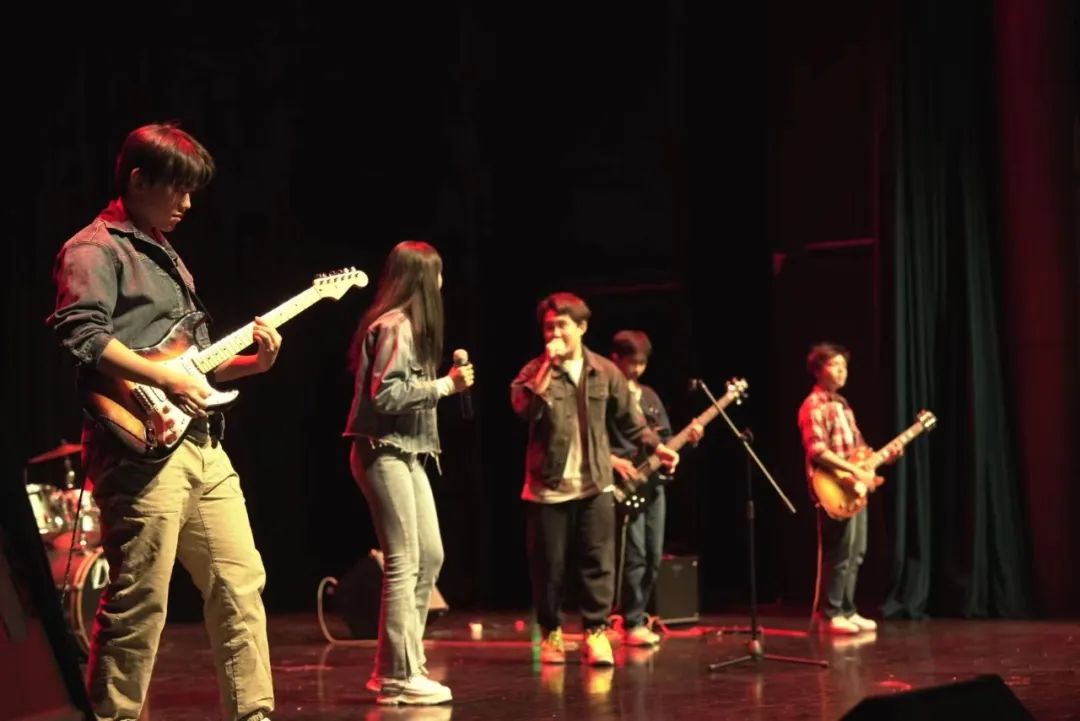
This sentiment, I believe, is shared by many students here. Tasked with representing their countries, community members are required to reflect not only on their nation but also on their own identity. I found myself pondering the nuances of Korean and Chinese cultures more profoundly than anticipated, attempting to communicate their ineffable qualities.
This became particularly evident during our English class analysis of Han Kang's Nobel-winning novel, The Vegetarian. In our extended class discussions, which I cherished, conveying the Confucian foundations of Korean society proved incredibly challenging. I was compelled to newly interpret the fundamental nature of a culture I had previously taken for granted.
UWC confronts you with this intricate landscape of your own heritage—whether you embrace it willingly or not. Uncomfortable conversations, realizations, and reflections are duties each individual carries. UWC forced these experiences I might otherwise have refused—it humbles you as a singular person in this world, yet simultaneously empowers you to confront that bigger, more foreign universe.
Witnessing students' capacity to effect change on campus was another vital element of UWC. Writing for our newly founded newspaper, The Challenger, sharpened my awareness and reflection on our school's evolving nature. Last year, the introduction of a new campus card system ignited significant student involvement. Many students participated in campus-wide discussions and voiced their perspectives through organized channels. Despite not having fully met the expectations of the students, these efforts fostered important dialogue and led to subsequent adjustments—hinting at the strength of collective effort.
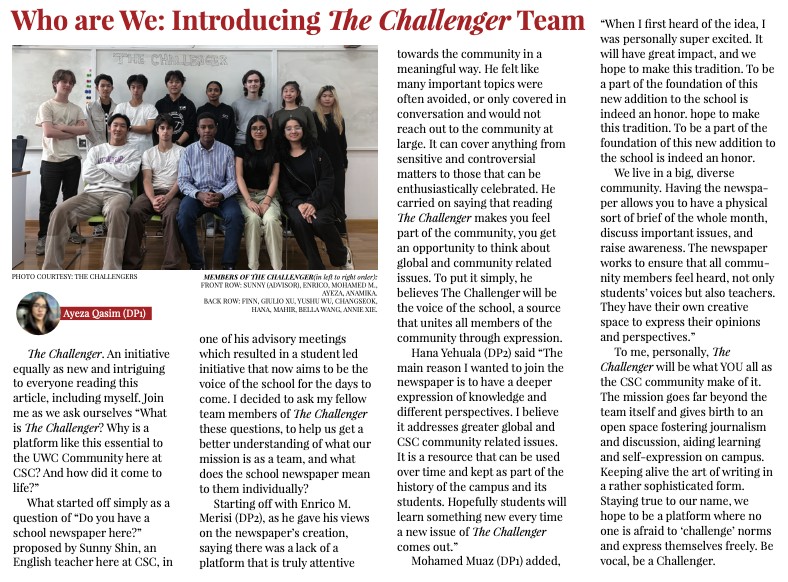
More recently, unexpected renovations to coastal areas of our campus brought environmental concerns to immediacy. The lack of prior, general discussion or notification on these changes raised questions about the impact on local ecosystems. This experience served as an important opportunity for our community to reflect on how we can better align our actions with our shared commitment to environmental sustainability and transparent governance, reminding us that our mission requires consistent, practical application.
As a reporter, I observed passionate community members mobilizing to mitigate the damage and prevent future occurrences. As a community member myself, I participated in meetings and panel discussions. While the issues may not be entirely resolved, the achievements of this dedicated group of students are commendable. Environmental concerns have largely been addressed, and we are progressing towards a system with greater coherence between school operations and the student body. Living on this campus instills an inevitable sense of responsibility and a personal identity intertwined with this island. I felt a strong pull to care for what our school represented and to embody that in a way that honors our name and purpose.
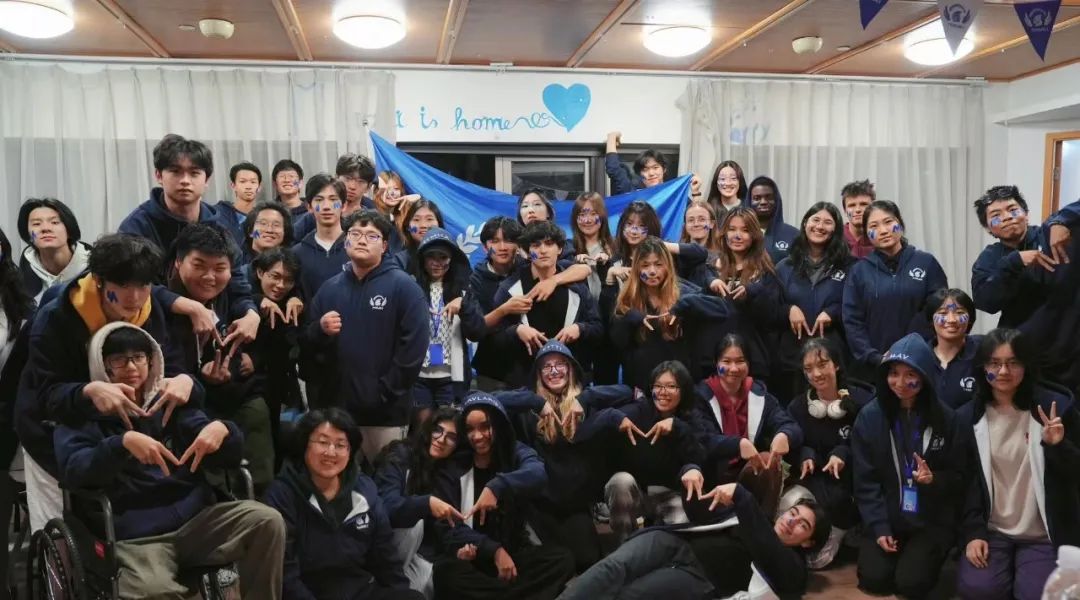
My House Meraki
It's tempting to attribute UWC's grandest moments solely to group activities and community events, but for me, they crystallized in the sanctuary of personal connection. My fifteen-year-old self would have dismissed the notion of finding deep engagement in hours-long discussions as utterly implausible. The diverse nature of this place ensures that, with courage and willingness, one can find individuals who share their intellectual vigor, vitality, and curiosity.
This place was a haven where internal reflections were not only understood but genuinely reciprocated, an experience that fundamentally reshapes one's identity. I vividly recall late-night dialogues in the Common Room, grappling with societal inequalities or dissecting the distinction between objects and persons until their boundaries seemed to dissolve—experiences I count as profound blessings. Despite the looming IA and EE deadlines the next day, we would often fall into deep discussions, forgetting about academics entirely. One such spontaneous late-night talk demystified my understanding of radical feminism, revealing a need for action that went beyond the superficial acknowledgment. And just days before graduation, a deep debate with my housemate, Minh, exploring whether love finds its truest foundation in respect or care. These moments of genuine intellectual and personal connection are treasures.
When I first arrived at UWC Changshu, I wasn't sure what I would pursue. I must admit, UWC didn't steer me in one specific direction. Instead, my experiences fundamentally reshaped my perception of self, making it both more expansive and more resilient. UWC nurtures each individual's potential, propelling us beyond our front porches while simultaneously revealing the vastness of the world that still lies beyond. This mindset fueled my ambition to participate in and lead a diverse array of Zhi Xings, to engage in spirited debates with wonderfully peculiar people, and to pursue fields of study that once felt out of reach.
As I look towards Williams College, I hope this journey of mine continues. I plan to experiment, to transform, and to revolutionize myself once more, just as UWC has already enabled me to do.
Article and photosChangseok Lee,Class of 2025, UWC Changshu China; Class of 2029, Williams College.







